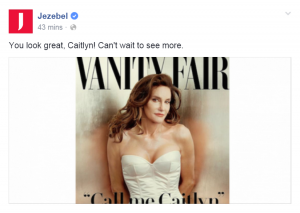It’s not the case that where there’s smoke there’s fire – nonetheless, the two correlate strongly. The more people smell smoke, the wiser it is to investigate; the more you spot, the likelier you are to find something alight, and anyone so fire-agnostic they refuse to make enquiries till presented with a room in flames can reasonably be suspected of anything from ambivalence on fire safety to being a furtive arsonist.
Misogyny has been the great fire of atheism. 2012 saw a pitched fight for smoke detectors to be used at cons, in which, as thick plumes billowed from every window, DJ Grothe said TAM was totally fire-free, no one having caught so much as a whiff of smoke, and women shouldn’t assume too much from the sky high column of it over the building. Later, Reinhardt et al decided piles of soot and ash wherever some male skeptics went didn’t conclusively prove fire damage, and so there was no reason at all to check for any.
People who defend sexism tend to think there are only two ways to handle complaints: either with absolute credulity, treating women’s claims as infallible, or with absolute agnosticism, throwing out anything short of airtight legal proof. Women who file reports are said to want their word taken as law, but complaints are supposed to prompt investigations, not foreclose them. In the first instance, all most plaintiffs want is for their claims to be looked into – something an all-or-nothing epistemology prevents.
The agnostic response to bigotry says we can never know enough to act. If we don’t have all the facts, we have none; if not everything has been proved, nothing can be, and if the curtains haven’t yet caught fire, no amount of smoke is cause for action. Claims with mountains of evidence are dismissed before any can be sought, responsible parties painting requests for them to find things out as demands for unquestioning belief.
I bring this up because of late, I’ve seen Ophelia say similar things. Continue reading “Smoke, fire and recognising transphobia”


